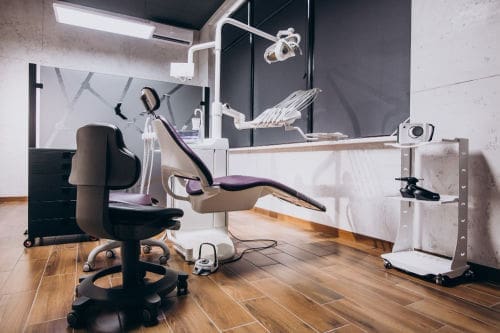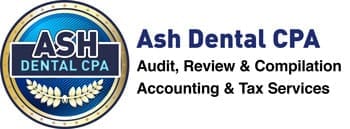Dental Incorporation Framingham: Different Types Of Dental Incorporations

Dental Incorporation Framingham
Dental Incorporation Framingham | As a dental practitioner, you’ll need to incorporate your business as a legal entity. Whether you are entering into the business for the first time or thinking of restructuring an existing one, you should carefully choose the right option.
There are several choices for you to incorporate a business entity. Each type comes with different business and tax advantages and limitations. Choosing the entity type can directly impact your personal liability towards the business. You can protect your personal assets by choosing the right entity type.
Let’s discuss a few commonly used entity structures for dental incorporation Framingham.
Sole Proprietorship
It is the simplest of the entity types in the dental practice incorporations. The pitfall of it is to assume full liability of debt, taxation, and any other liabilities of the business as well.
A dental practice registered as a sole proprietorship is treated like self-employment. You do not file for tax returns separately. It means all of your business income is treated as personal income. However, the structure is easier to maintain for business administrative purposes.
Limited Liability Company – LLC
A limited liability company structure protects your personal assets and wealth from business obligations. Your business is treated as a separate legal entity in an LLC formation. It is a simpler incorporation structure for a dental practice than a corporation or other forms.
An LLC can use a different number of owners with limited liability towards business. However, the personal liability of each owner or partner remains the same as in any other legal structure. For this reason, it is best to seek professional guidance when considering dental incorporation Framingham.
Partnerships
The structure limits the legal liability of each partner with a defined stake. In addition, it provides legal protection to each partner.
It can be a useful simple structure for a dental practice. Also, partnerships allow for the allocation of business assets, income, and tax liability in a defined proportion for all partners. However, a general partner can be assumed with an unlimited general liability of the business.
Professional Limited Liability Company – PLLC
Professional practitioners like dentists can opt to form a professional limited liability company (PLLC). It will give you all the legal rights attached to an LLC. Additionally, it protects you from several administrative liabilities.
For taxation purposes, your business income is treated as a sole proprietor. It means there is no capping on your self-employment income with this structure. Hence it will incur higher tax liabilities for you.
Professional Association – PA
The option to form a professional association for dental practitioners may not be available in all states. However, some professionals like dentists can join hands to register as a professional association.
A Professional Association can protect your personal assets as well as several litigation issues. You can get benefits of tax savings through different tax election choices as well with a professional association structure.
Professional Corporation – PC
A professional corporation is an extension of the corporation structure available for professional practitioners such as dentists. It secures your personal liability and provides several tax advantages.
As you report your income as salary received in a professional corporation. Hence it can lower your personal tax liability. On the other hand, the formation of a professional corporation requires several formalities and complex paperwork. It also requires rigorous tax compliance and independent auditing of the corporation.
PLLC with S Corporation
A professional limited liability company with an S Corporation structure combines the benefits of an LLC and an S Corporation.
As a dental practice, you can save on taxes through an S corporation election in this form. Also, you can lower the legal and administrative costs by incorporating them into a PLLC. Likewise, this structure avoids the complications of double taxation.
As a dental practice, you can choose one of the several entity structures available. Each entity type offers different taxation and administrative benefits. Furthermore, you can consult a professional CPA advisor to help you choose the right entity type for your dental practice.
Learn more about Dental Incorporation Framingham with Ash Dental CPA. Call (508) 458-6789 or request an appointment online. New clients are welcome. We’ll see you soon.
